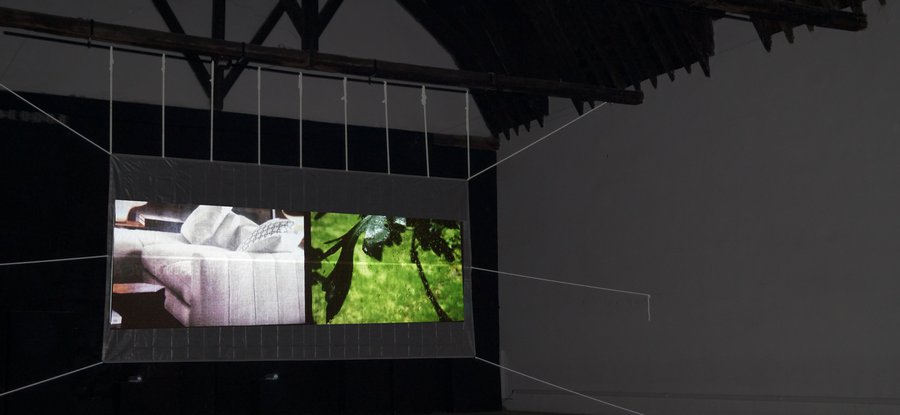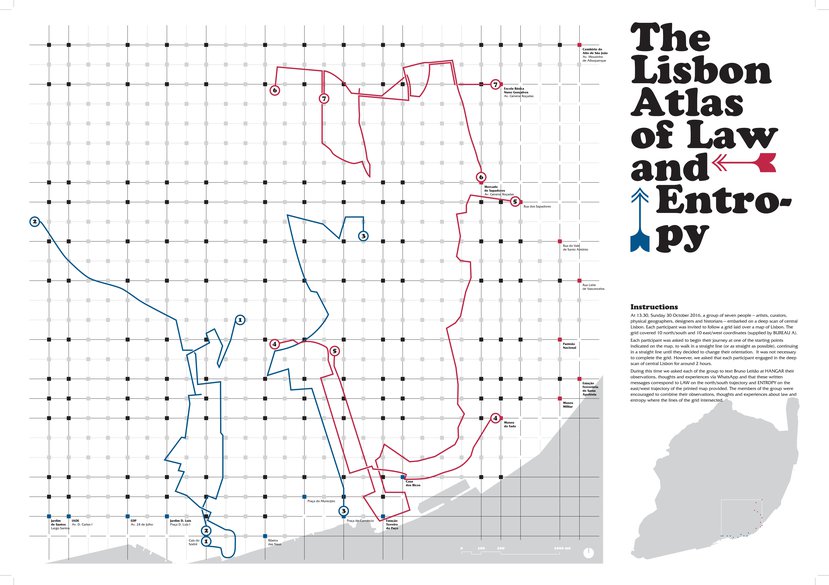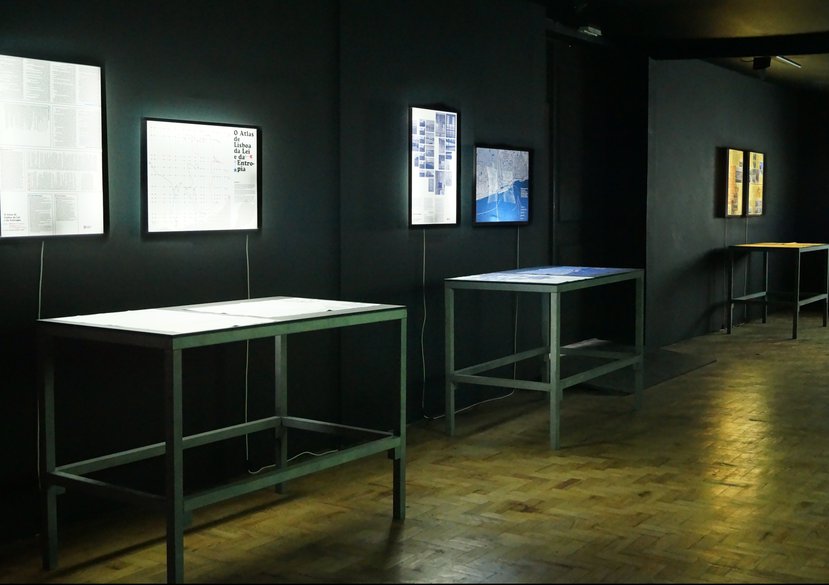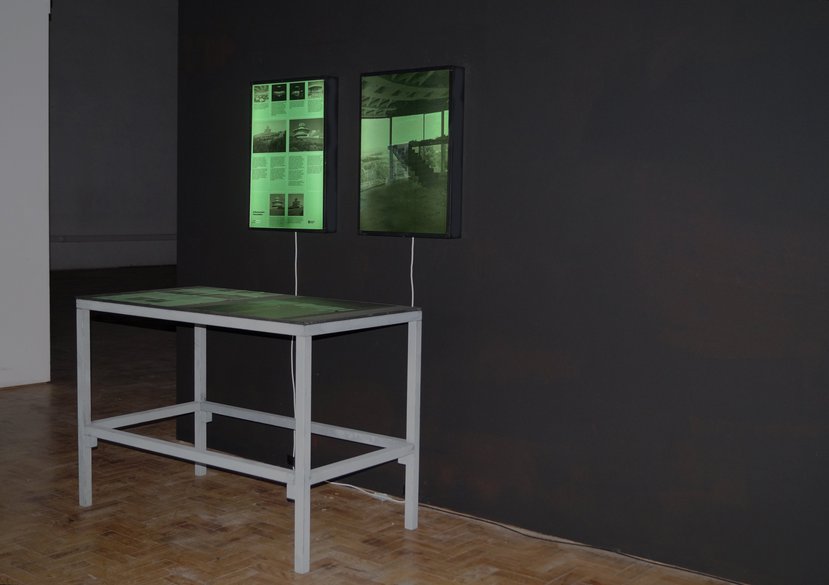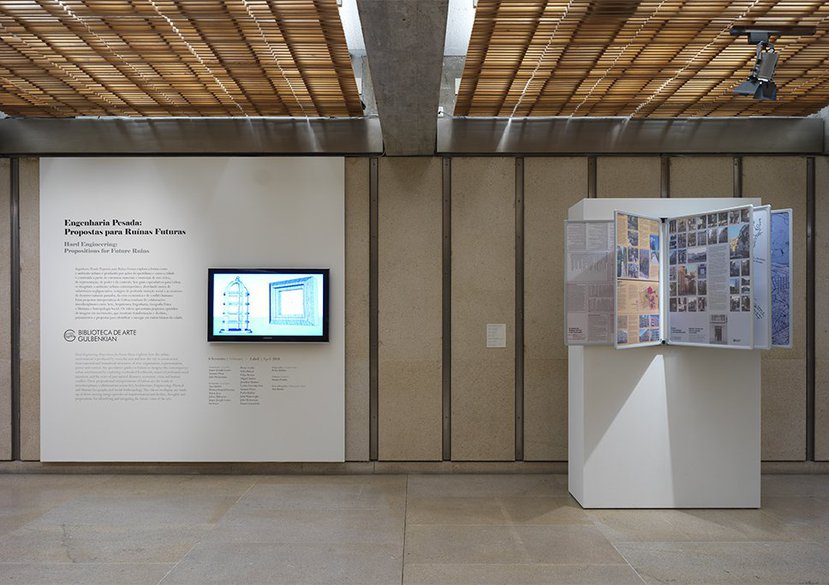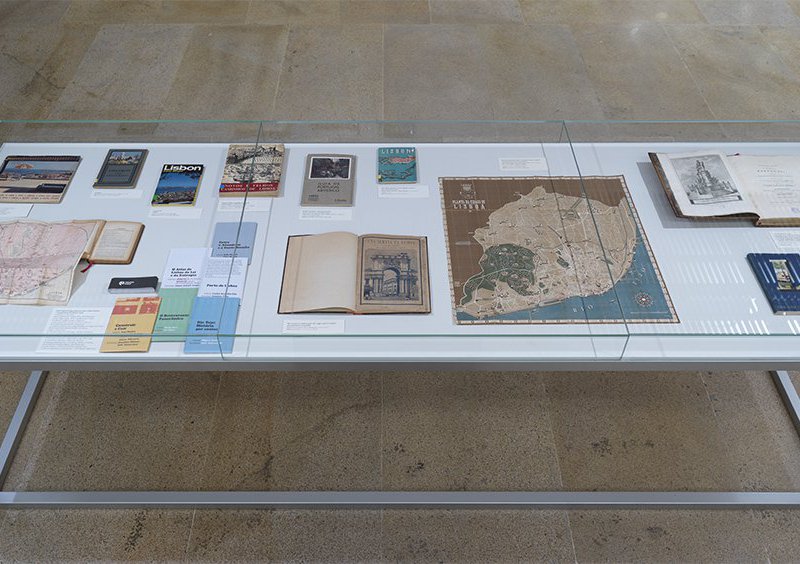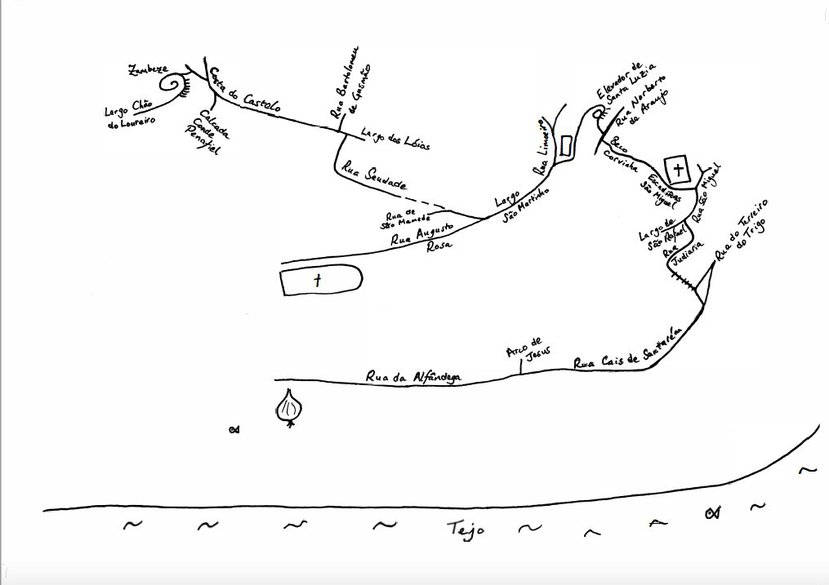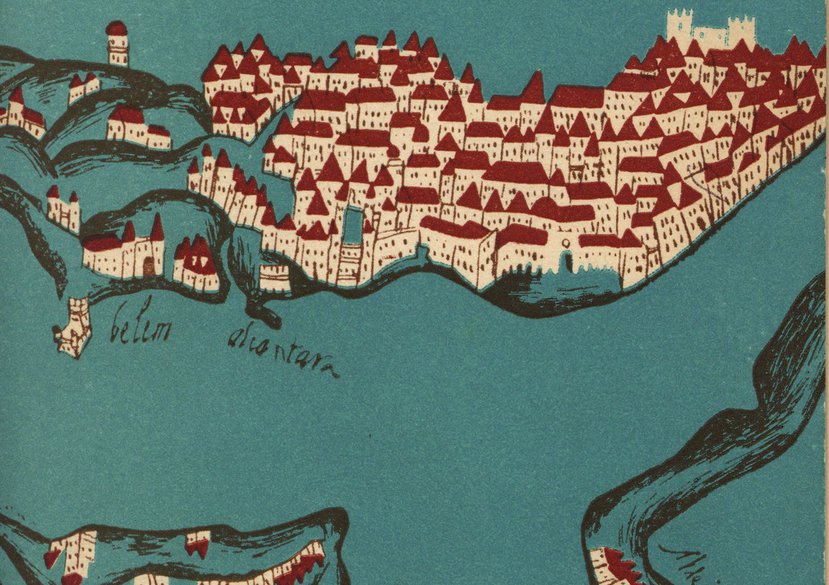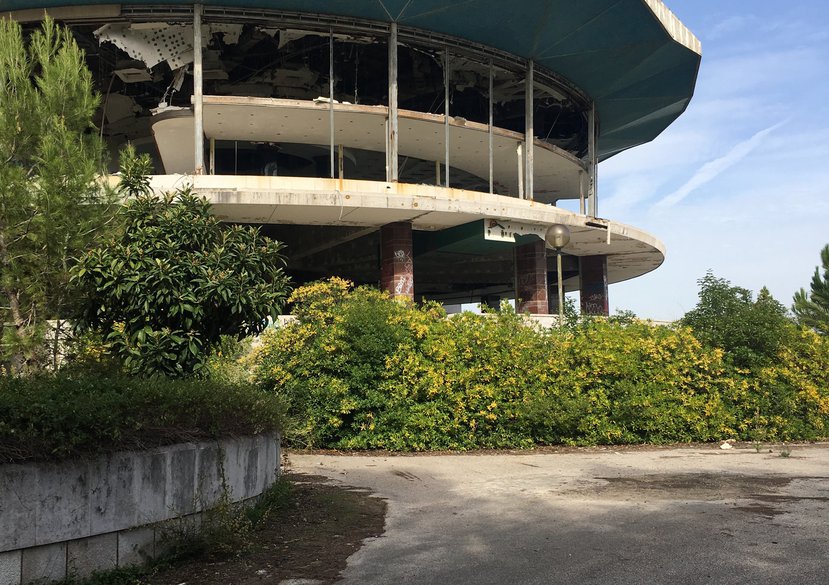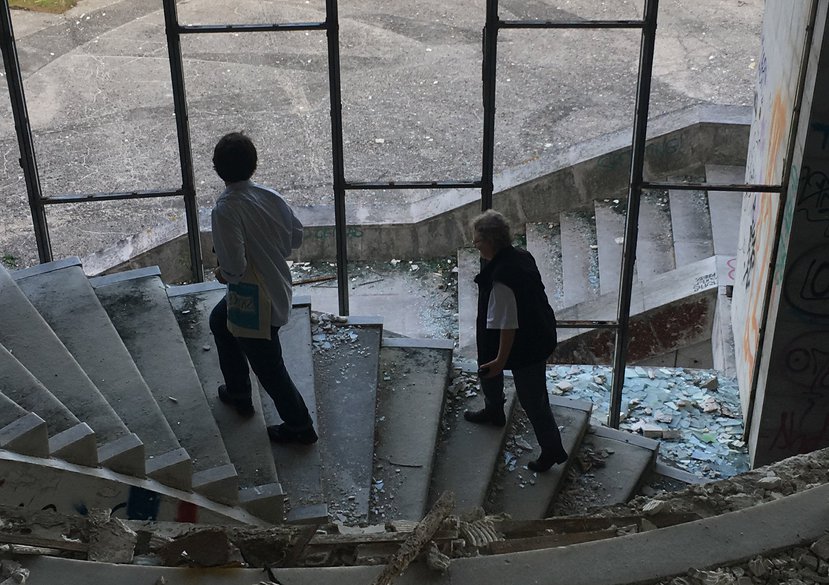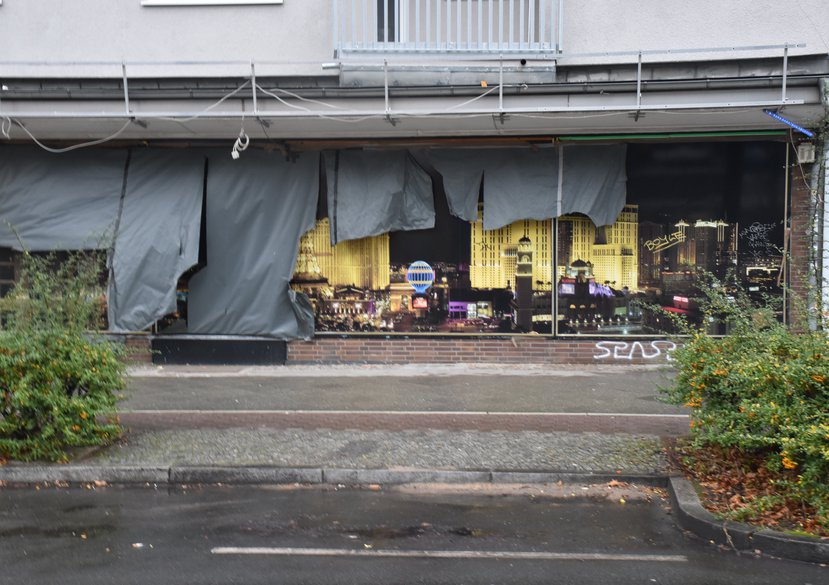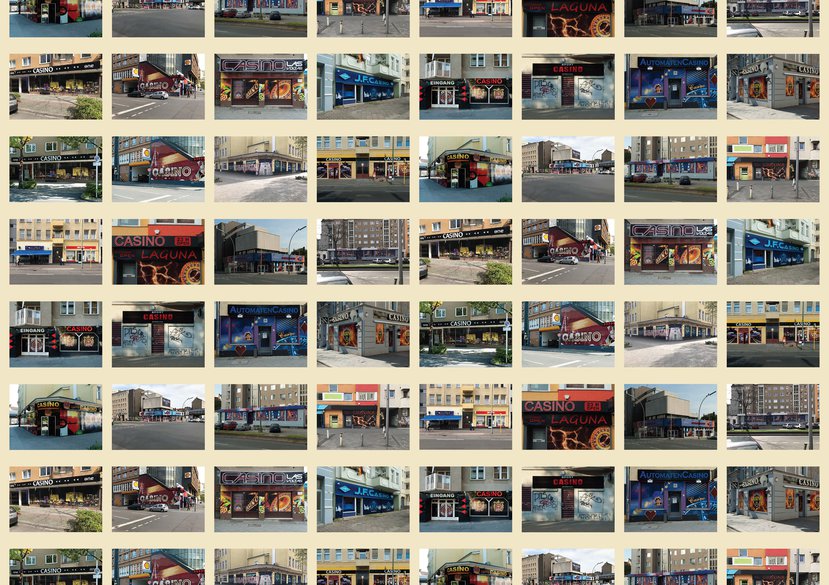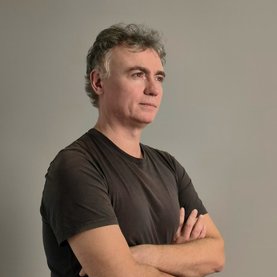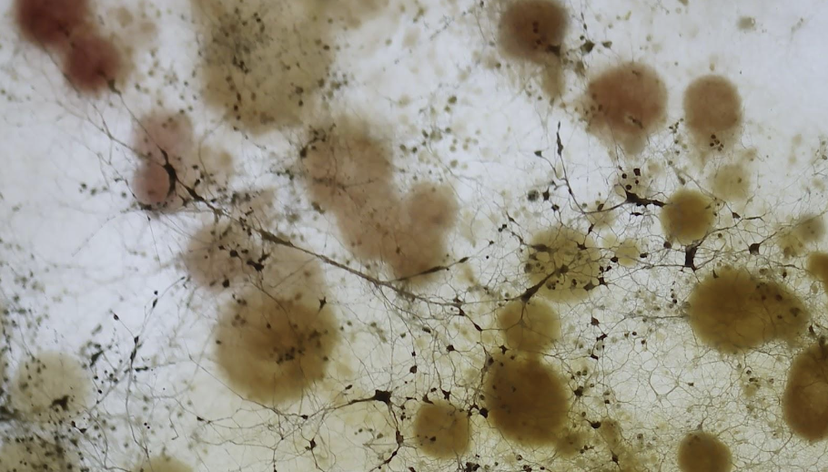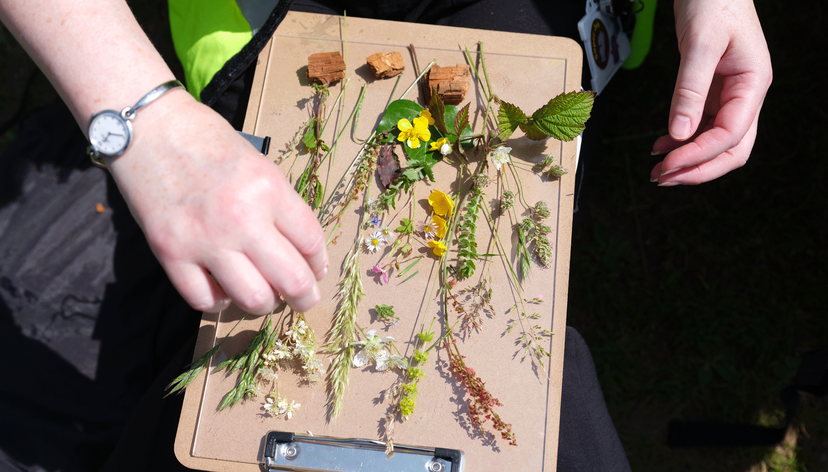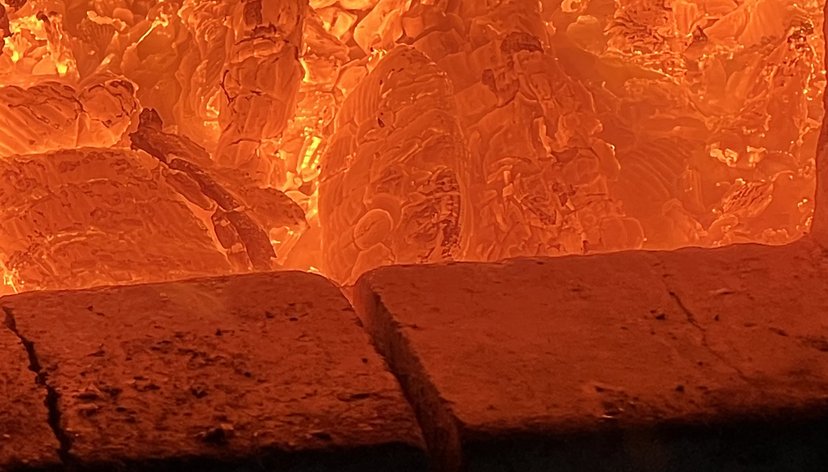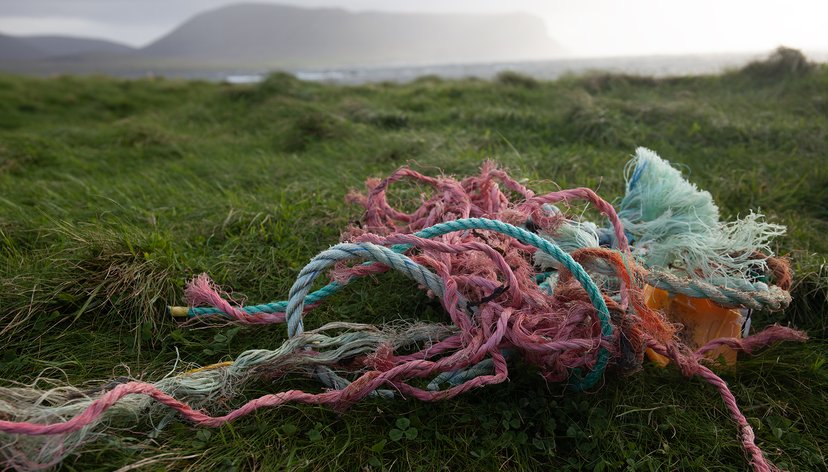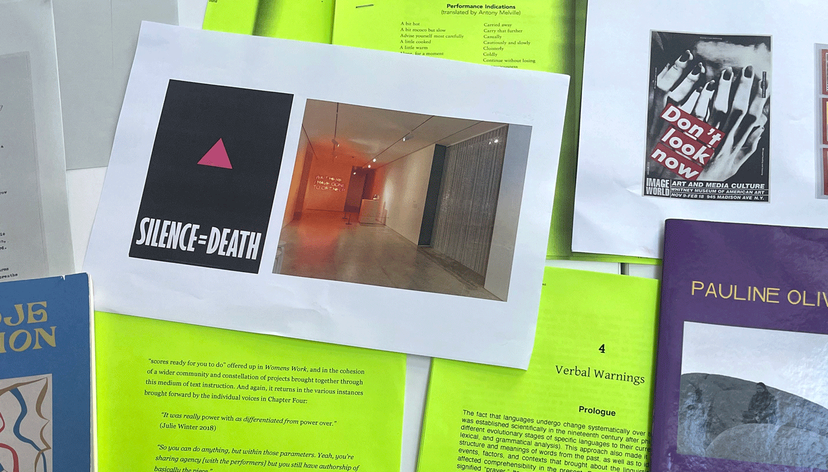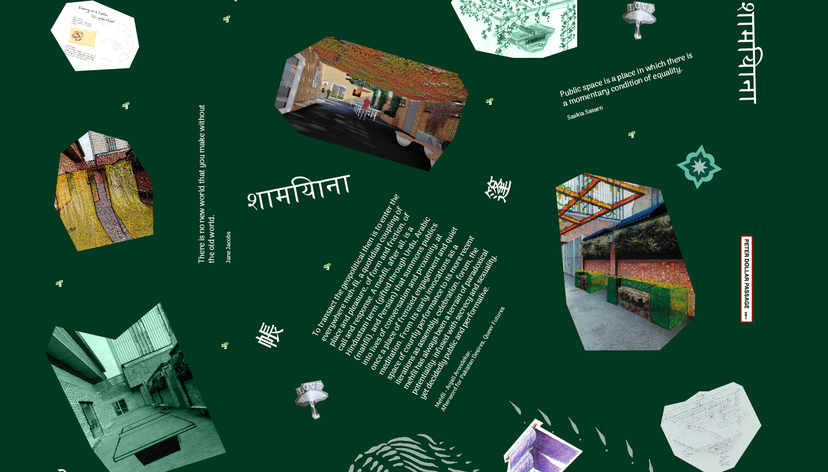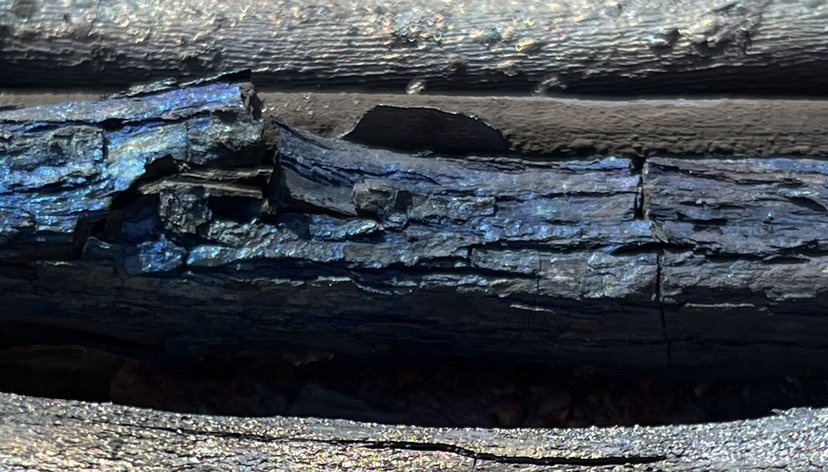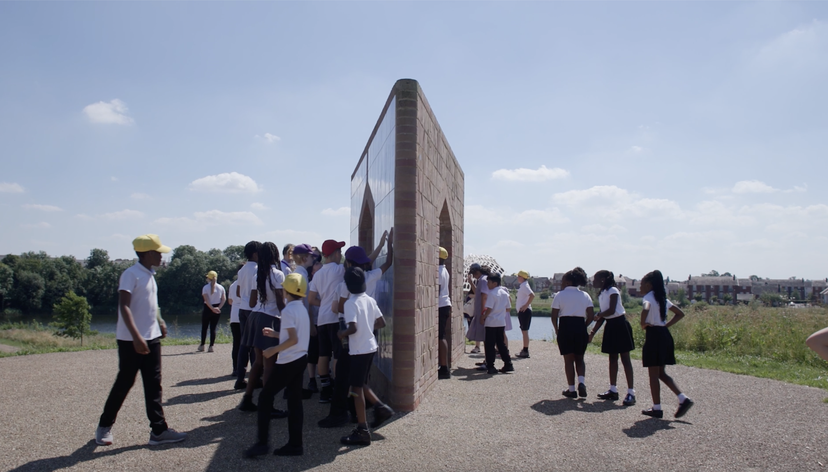
Hard Engineering: Propositions for Future Ruins explores sites of urban development and transformation to consider how we navigate and repurpose the future ruins of our urban surroundings.
At a glance
- This is a collaboration between the Royal College of Art and National Museum of Natural History and Science (Lisbon), the University of Lisbon, The Gulbenkian Foundation, HANGAR Contemporary art projects (Lisbon) the Kunstverein RLP (Berlin), Sheffield Hallam University and the University of Oxford.
- Project participants include artists and academics in the field of contemporary fine art, architecture, social anthropology, human and physical geography, civic engineering, futurology and law.
- The core group of artists and academics have developed collaborative city guides and a film installation as a catalyst for considering natural disasters, dark tourism and the effects of economic crisis to explore how these visible and invisible forces have acted on the cultural development of the city.
Key details
Gallery
More information
Partners
The National Museum of Natural History and Science, Lisbon / University of Lisbon
The Gulbenkian Foundation, Lisbon
Kunstverein RLP, Berlin
Art and Design Research Centre, Sheffield Hallam University
HANGAR – Centro de Investigação Artística
University of Oxford
The research project was supported by national funds through FCT/MEC (PTDC/SOC-SOC/28655/2017) and FCT/SFRH/BPD/104680/2014.
Our approach

Hard Engineering is primarily concerned with sharing research methodologies and developing new collaborations that draw from a wide range of areas and approaches in contemporary art practice to impact directly on altering the formats and expectations of the various disciplines involved in shaping cities of the future.
The research foregrounds and explores the full social, economic and critical potential of arts relation to urban environments undergoing transformation. The methodological framework is multidisciplinary, established within a practice-based approach that embeds empirical experiences within the larger discursive framework.
Activities

Workshop, 26-30 October 2016, HANGAR: Centro de Investigação Artística, Lisbon
Our framework for knowledge exchange adopted a host/guest relation, this was key to the working structure of the workshop. The network consisted of participants local to each city and participants that were visitors, a framework that allowed knowledge embedded within the fabric of the city to be coaxed out through discussion with the guest. We curated partnerships based on this relation in order to foster more specialized points of interest that were then fed back to the larger group through a series of city walks. Each pair included an artist and a participant from another discipline (Art, Architecture, Civil Engineering, Physical and Human Geography and Social Anthropology).

Workshop: 12-15 April, 2018, Kunstverein RLP, Berlin
In Berlin we reflected on the process and methods developed through the project with a view to further exploring the question of what role art can have in prefiguring the contemporary city and cities of the future. The workshop ran over four days, two days for development and two days for the group to take part in the programme of walking tours. The workshops also included presentations and discussions to help address a different set of questions at each of the meetings.
The workshop led to six speculative guides to Berlin that re-imagine the contemporary urban environment by exploring overlooked livelihoods, traces of social and environmental transformation, and the scars of economic crisis and human conflict. These propositional interpretations of Berlin have resulted from long term collaborations between artists, architects, curators, non-human agents, futurologists, urbanists, architectural historians, classicists and political theorists.
Outputs
Book

City Guides: Lisbon
Six speculative guides to Lisbon and Berlin re-imagine the contemporary urban environment by exploring overlooked livelihoods, traces of profound social mutation, and the scars of past natural disasters, economic crisis and human conflict. These propositional interpretations of Lisbon are the result of innovative collaborations across Art, Architecture, Civil Engineering, Physical and Human Geography and Social Anthropology.
- The Lisbon Atlas of Law and Entropy, Jaspar Joseph-Lester, Bureau A Architects and Hangar Centro de Investigação Artistica
- Lisbon Harbour, Carlos Noronha Feio and Susanne Prinz
- Building up and Falling Down, Julie Westerman, Ana Simōes, Mónica A. Ferreira, Jelena Milosevic and Jonathan Skinner
- Model to Ruin: The Panoramico Restaurant, Ian Kiaer and Marta Jecu
- River Tagus: Untold Story, Miguel Santos and John Wainwright
- Between Abandonment and Gentrification, Sophia Marçal and Filipa Roseta
City Guides: Berlin
- Wedding Casinos, 2011 - 2018 - 2025, Jaspar Joseph-Lester and Ludwig Engel with Matthias Heumeier, Ahuvia Kahane, Esther Leslie and Andreas Philippopoulos-Mihalopoulos
- Weak History / Modern Ruins, Julie Westerman and Stella Flatten
- Towards Enlightened Mapping, Susanne Prinz and Clegg & Guttmann
- F/old Map, Julius Bobke and Joannie Baumgärtne
- Kino Karte, Janina Lange and Götz Valien
- In the Canopy of Clones, Lucy Powell and Epiphyllum oxypetalum
Public events
6 Public events at the National Museum of Natural History and Science, Lisbon
12 October 2017
Between Abandonment and Gentrification: who will be living in our city tomorrow?
Sofia Marçal (Curator, Museum of Natural History, Lisbon), Filipa Roseta (Architecture Lisbon University)
Our walk takes us through Lisbon’s historic core, providing an urban experience of contrasts. Buildings in the state of ruin coexist with rehabilitated properties branded as luxury commodities. The lively streets of Principe Real are filled with the sounds of man different languages. This city seems to be somewhere between abandonment an gentrification, between local memory and global change. We walk through the monumental axis of Avenida da Liberdade and enter into the permanent silence of the Botanical Gardens. Nearby, an exhibition in the National Museum of Natural History and Science invites all guests to contribute to the critical thinking of the future of Lisbon. Who will be living in our city tomorrow?
12 October 2017
Model to Ruin: The Panoramico Restaurant, Lisboa
Location: Chemistry Lecture Theatre
This event takes as its focus the brutalist structure of the panoramic restaurant of Monsanto designed by Chaves de Costa. Constructed during the Estado Novo, the building has moved from a model of luxury and surveillance of the city’s spaces under the Estado Novo regime, to ruin and site of alternative contemporary cultural use. A panel that will include Ian Kiaer, artist and lecturer at the University of Oxford, Dr. Marta Jecu, curator and researcher at Collège d’études Mondiales and Dr Ahuvia Kahane, Professor of Greek at Royal Holloway, University of London and Jaspar Joseph-Lester, artist and Reader in Fine Art at the Royal College of Art and Pierre Pierissinotto will reflect on the building’s significance as a potential ruin, model and future interactive monument.
19 October 2017
Building up and Falling Down
Location: Chemistry Lecture Theatre
This event explores our relationship to catastrophe and risk, the attraction to sites of death and disaster, our subjective relationship to unpredictable natural phenomena and our faith in the science that seeks to explain and predict them. The threat of death, devastation and natural disasters fills our news reports and we live with the pervading anxiety over global warming. Yet our perception of personal threat and danger is often out of all proportion to the actual likelihood of the event, and conversely our attitude to potential or inevitable devastating natural events of epic proportions are seen as too incomprehensible to act upon. Following the presentations from invited speakers there will be a discussion with the audience focusing on our attitudes to catastrophe. The panel will include Julie Westerman, artist and Senior Lecturer in Fine Art, Sheffield Hallam University and Mónica Amaral Ferreira, Territorial Engineer, Instituto Superior Técnico, Lisboa.
26 October 2017
Hard Engineering: infrastructure and prediction.
Meeting Point: 14:30 main door of Doca de Alcântara
Carlos Noronha Feio (artist) and Susanne Prinz (curator) consider the past and present of Doca de Alcântara and Doca da Rocha do Conde de Óbidos. The tour of the port is informed by a speculative history that considers the various patterns of infrastructural movement and contested histories that interconnect over time and space. Carlos and Susanne invite you to join them for early lunch at Ultimo Porto, Doca da Rocha do Conde de Óbidos, followed by a tour of the Almada Negreiros frescos at Doca da Rocha do Conde de Óbidos and Doca de Alcântara. The walk will end at Janelas Verdes, from where the docks can be viewed from above and a drink can be had at Le Chat.*
2 November 2017
River Tagus Untold Story: A Fluid History Of Lisbon
Location: The Chemistry Lecture Theatre
A multidisciplinary event discussing fluidity in water and history, considering the city as a site of rendered stories and physical proprieties that are the foundational structures for future transformations. The conversation is expected to flow between lies and truth. The panel includes John Wainwright (geography, Durham University), Rui Tavares (historian and politician), Luis Gouveia Monteiro (journalist; Universidade de Coimbra and Universidade Nova de Lisboa), Miguel Santos (artist and researcher), João Macdonald (journalist and historian).
3 November 2017
Critical Cartographies Symposium: The Lisbon Atlas of Law and Entropy
Location: The Old Riding Hall – 18:00
The symposium will explore how urban site-based research connects disciplines and facilitates a range of processes and methods for the production of critical spatial practices that situate art within the context of urban transformation. The panel includes Dale Holmes, artists and Senior Lecturer at the University of Huddersfield, Jaspar Joseph-Lester, artist and Reader at the Royal College of Art, Sofia Marçal, Curator, Museum of Natural History, Lisbon, Karina Nimmerfall, artist and Professor at the University of Cologne, Dr. Andrea Pavoni, Urban Ethnographer at Lisbon University and Filipa Roseta, architect and Professor at Lisbon University.
Exhibitions

- Hard Engineering, National Museum of Natural History and Science, Lisbon, October–November 2017
- Hard Engineering, Gulbenkian Foundation, Lisbon, February–March, 2017
- LoBe Block, Berlin, September 2020
Ask a question
Get in touch to find out about School of Arts & Humanities research projects.
SoAH@rca.ac.uk

